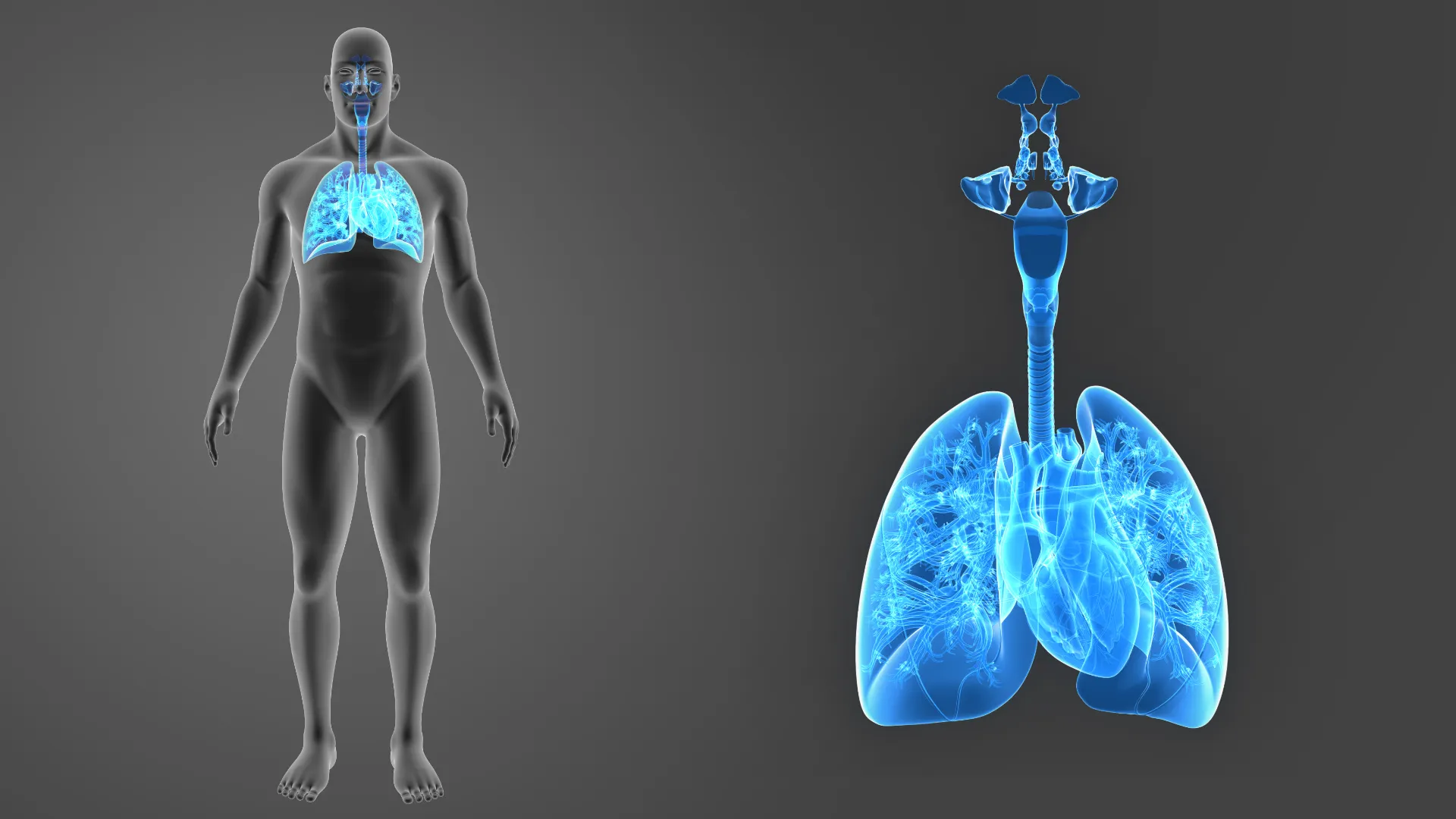Radiation therapy is one of the primary treatments used for mesothelioma, a cancer caused by asbestos exposure. While it can be effective in targeting and shrinking tumors or reducing symptoms, it may also cause various side effects. The side effects can differ based on the dosage, the area being treated, and individual patient factors. Some common side effects of radiation therapy for mesothelioma include:
- Fatigue: Feeling tired or exhausted is one of the most common side effects of radiation therapy. This fatigue can range from mild to severe and may persist even after treatment ends.
- Skin changes: Radiation can cause skin irritation, redness, and sometimes blistering in the area being treated. The skin may become dry, itchy, and more sensitive during treatment.
- Nausea and vomiting: Although less common with radiation targeted at mesothelioma, some patients may experience nausea and vomiting, especially if the radiation is aimed at the abdomen.
- Loss of appetite: Radiation therapy can cause a temporary loss of appetite or changes in taste, making it difficult for some patients to eat well.
- Difficulty swallowing: If the radiation is directed at the chest area, it might lead to difficulty swallowing (known as dysphagia) or throat irritation.
- Pneumonitis: Radiation to the chest area can sometimes cause inflammation in the lungs (pneumonitis), leading to symptoms like cough, shortness of breath, and chest discomfort.
- Hair loss: Hair loss is not a typical side effect of radiation for mesothelioma unless it’s administered in higher doses, but when radiation is used in combination with other treatments like chemotherapy, hair loss might occur.
- Long-term effects: In some cases, radiation therapy for mesothelioma might lead to long-term side effects such as tissue scarring, damage to nearby organs, or an increased risk of secondary cancers in the treated area.
It’s crucial to communicate openly with the healthcare team about any side effects experienced during radiation therapy. They can provide supportive care or medications to manage these symptoms and enhance the patient’s comfort during treatment. The side effects usually improve gradually after the completion of radiation therapy, but some may persist for a while post-treatment.
